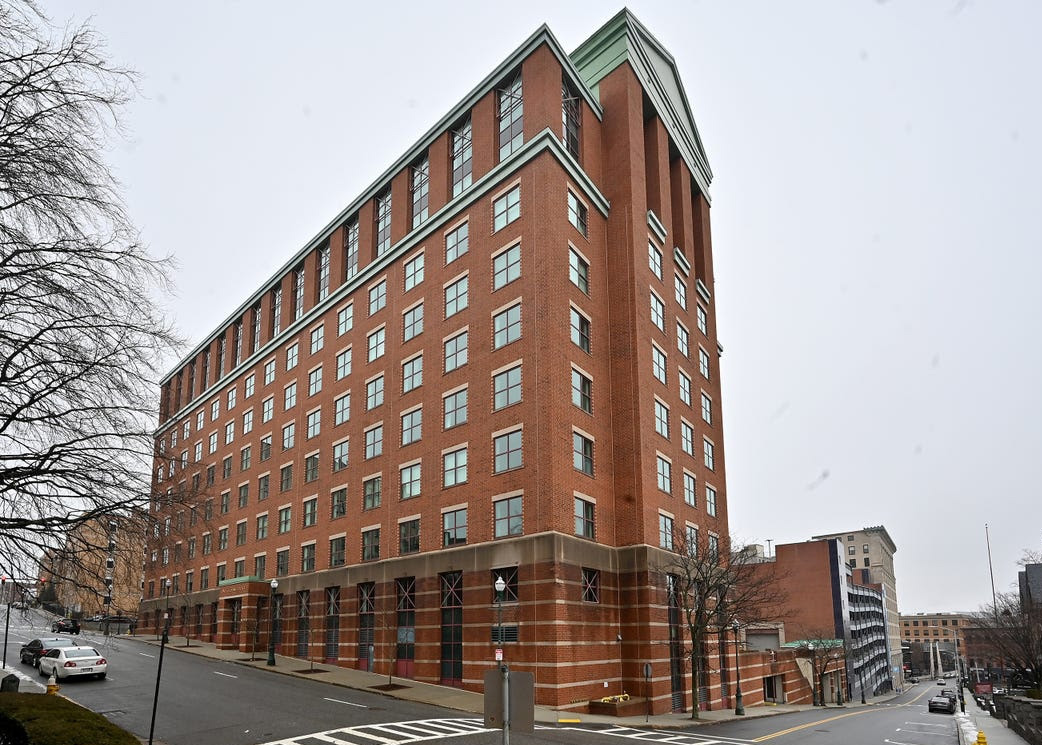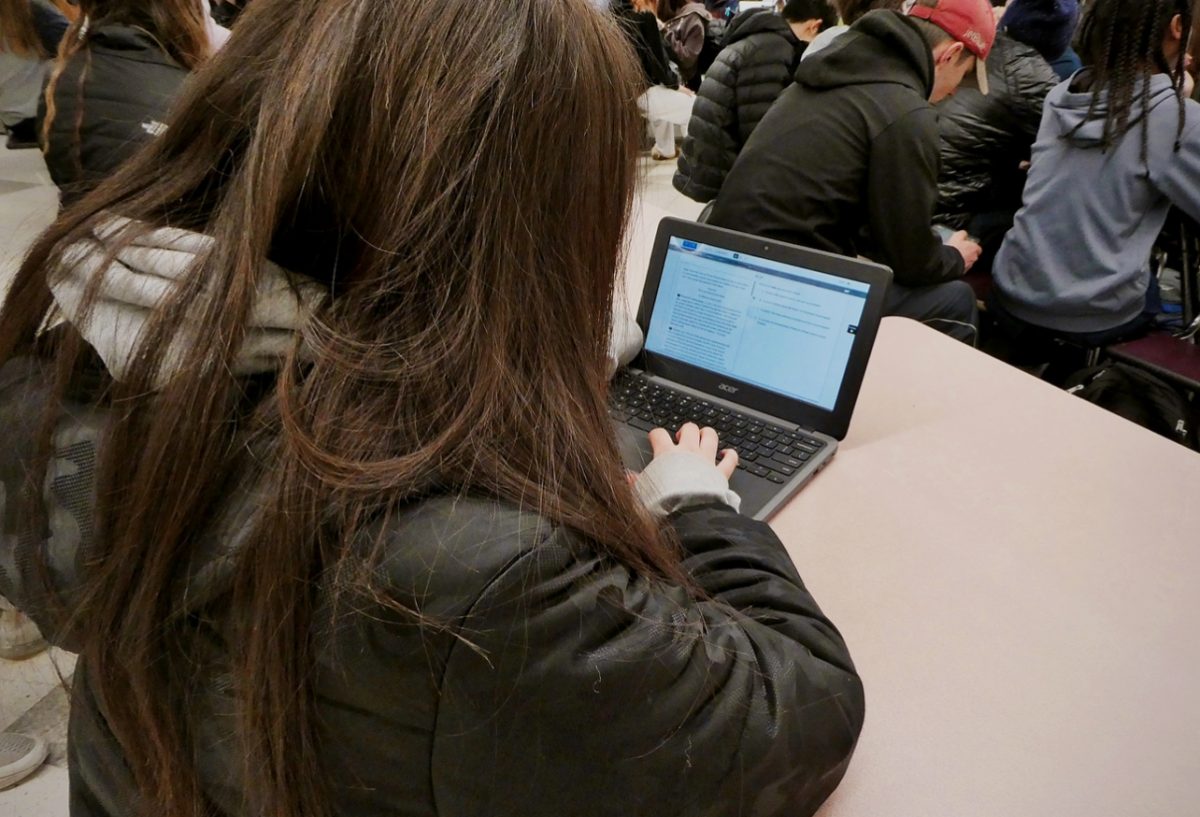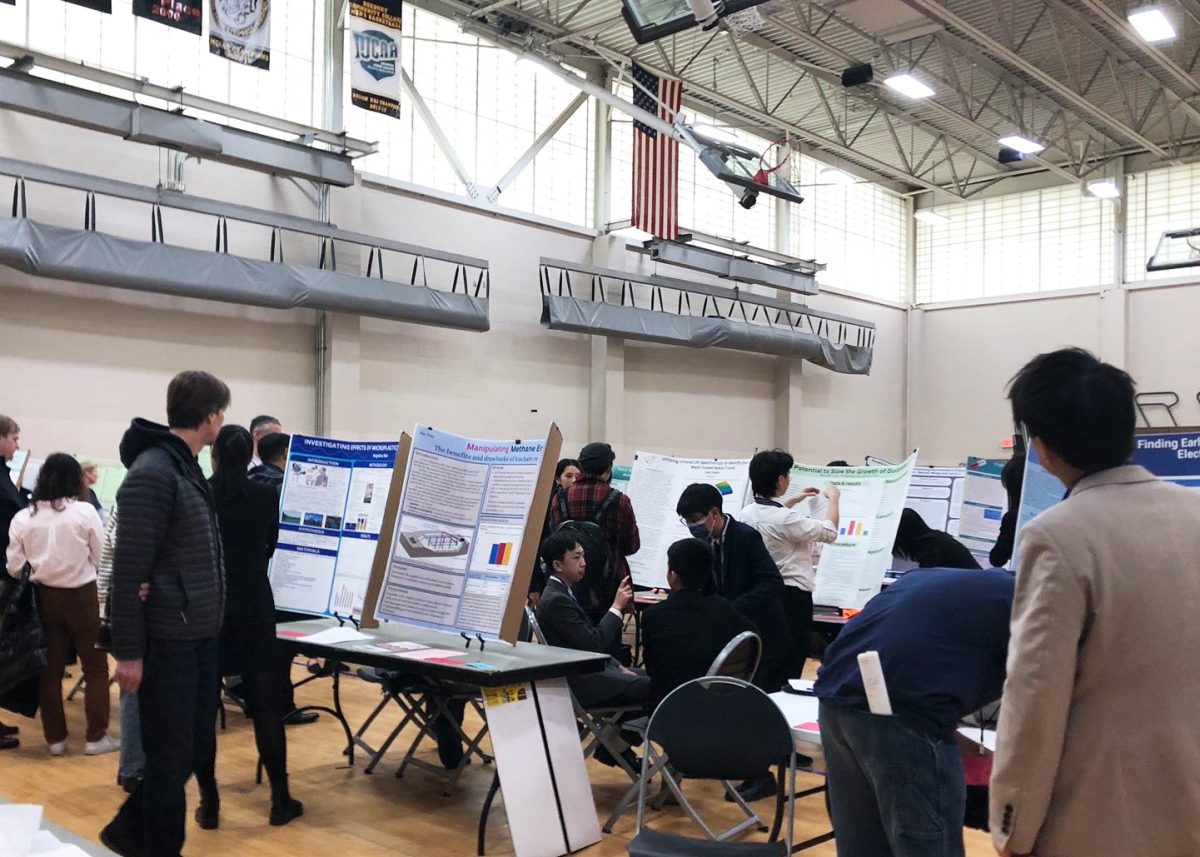With a substantial increase in migrant families, Massachusetts and the city of Boston have launched a series of initiatives to address the lack of vacant housing.
The Massachusetts government has started a project to turn unused offices into emergency overflow shelters in areas including Cambridge, Fort Point and Roxbury. Many of these offices, including approximately 20 percent of Boston’s, have been left empty due to the interest in working from home following the COVID-19 pandemic.
Chief of Housing and Director of the Mayor’s Office of Housing Sheila A. Dillion explains, “We really have done our best to get families and individuals out of Logan Airport and into safe shelter. But the needs here are so great, that it is hard for us to house Boston residents that are in dire need of affordable housing and also try to get housing resources for newly arrived migrants.”
With constant new arrivals, all shelters reserved for migrants in Massachusetts are, as of April 2024, at capacity, with the limit being 7,500 families.
In response, the state issued a spending bill of one billion passed in 2023 that gave 250 million to the emergency shelter system and 50 million to the creation of overflow shelters. The state also plans on drawing 900 million dollars from the surplus of the state budget to further help shelter programs.
The state administrations, however, believe these overflow sites will only be a temporary solution. Dillion adds, “But what Boston wants is [for] shelter stays to be very short, and we want to help people get out of shelter as quickly as possible. The city has been putting more resources into shelter than we ever have before.” The focus is to move migrants out from these shelters by providing access to work authorization, getting health services and enrolling children in schools.
In addition, this sudden surge of migrants and change in the local infrastructure has received mixed reactions among local residents. Some express frustration and concern, and anti-immigrant sentiment has led to the need for greater security at some shelters. Others, however, have reacted with sympathy, and many non-profit organizations and religious alliances have worked to support migrants in shelters and help them establish a new life.
Under President Joe Biden’s operation of the humanitarian parole program for migrants from Cuba, Haiti, Nicaragua and Venezuela, new arrivals have appeared throughout the country. In Texas and 20 other states, lawmakers approved Senate Bill 4, a new immigration law that allows local police to arrest migrants for illegally crossing the border. As of March 19, the Supreme Court of the United States turned down the appeal just hours after it was enforced.
In contrast, Massachusetts is one of the few states in the country that offers a right to shelter for families with children or pregnant women. In 2023, the state welcomed 11,600 new migrants, a drastic increase from 2021’s 1,018. Among the state’s recent migrants, 72 percent come from Haiti, seeking refuge from surging gang violence in its capital, Port-au-Prince.
In addition to the migrant crisis, Boston remains in a constant housing crisis following the pandemic with little affordable housing available and long wait times for income-restricted homes for local residents.
Currently living in government housing, Michelle Huang (III) expresses, “Boston is already a very expensive place to live. […] If locals are already struggling to find housing [and] if some are dedicated to [the] homeless, that may be a confusing situation; however, I think there is a way to do this without affecting locals while supporting migrants.”
Last summer, Mayor Michelle Wu announced the city’s plan to convert underutilized office spaces in Downtown into permanent residential structures through the Downtown Office to Residential Conversion Pilot Program. Through this program, the city aims to meet the needs of Boston’s growing population. Along with creating more homes, the city is also offering property tax exemptions to alleviate residents’ financial pressure.
Dillion concludes, “I think the use of commercial space and commercial buildings for [migrant] shelter is a temporary response. I do believe what is more permanent, though, is we’re going to see more and more office buildings be converted into apartments, and used as residential structures well into the future. I think it’s the right response.”







